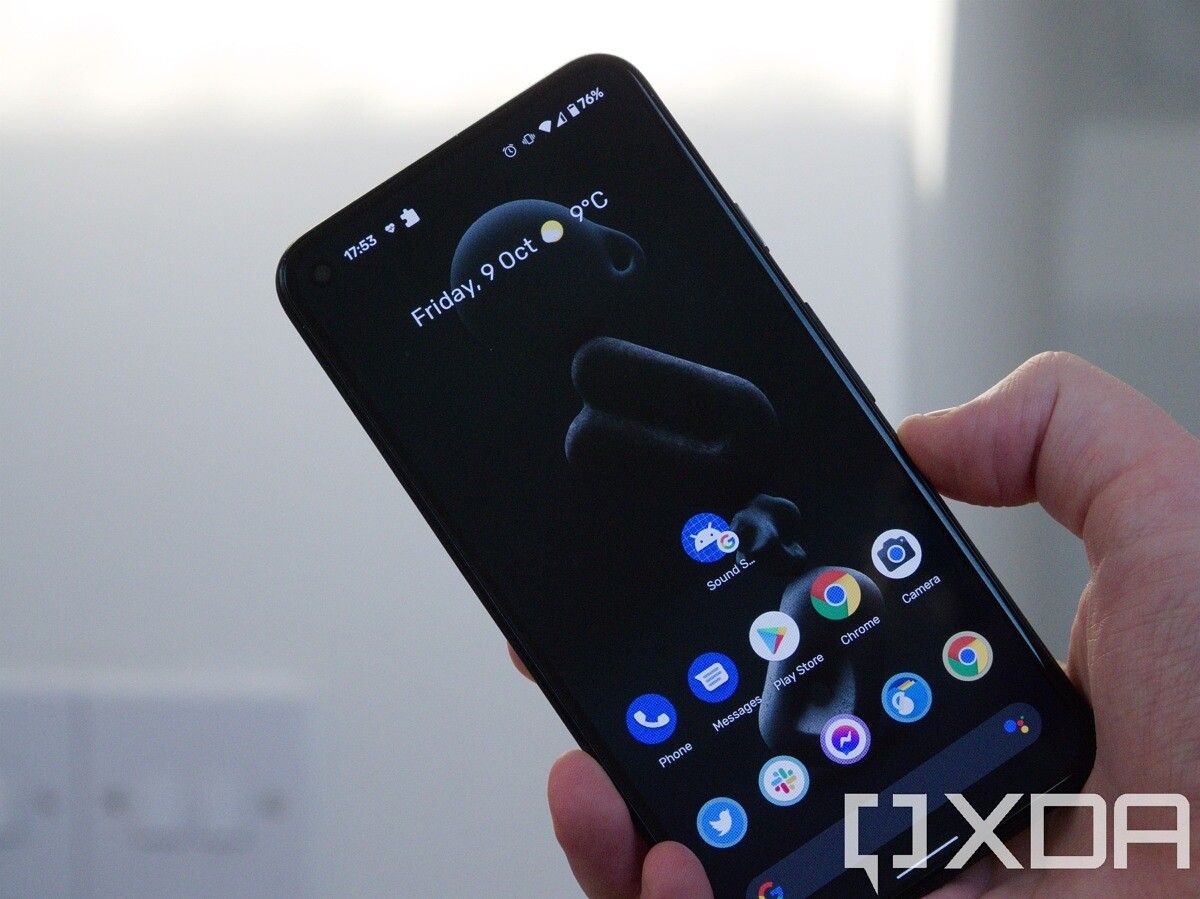Apple made waves when it introduced its App Tracking Transparency feature, which is set to release in iOS 14.5. The tool essentially requires developers to ask for permission to track iOS users for ad targeting. Now, Google is apparently developing a similar feature of its own.
Bloomberg reports that Google is exploring an alternative to Apple’s App Tracking Transparency in an effort to limit data collection and cross-app tracking on Android. Google’s version would be “less stringent,” according to the report’s sources.
“Google is trying to balance the rising demands of privacy-conscious consumers with the financial needs of developers and advertisers,” Bloomberg said.
In a statement to the publication, a Google spokesperson didn't confirm or deny a feature is incoming, but said the search giant is always looking to balance privacy with an app ecosystem that’s healthy and ad-supported. That means Google’s upcoming version of Apple’s App Tracking Transparency will likely be less strict and may not even require developers to get permission from users to track their data.
“To keep advertisers happy while improving privacy, the discussions around Google’s Android solution indicate that it could be similar to its planned Chrome web browser changes,” Bloomberg said.
Google previously announced plans to phase out third-party cookies in Chrome within two years. Instead, the browser will use an alternative that allows some ad targeting with less specific data collection. Advertisers will be able to target groups of people with similar interests, but not individuals. This could potentially be the approach Google takes on Android.
After introducing App Tracking Transparency last year, Apple has come under fire from companies who claim the new policies will harm small businesses. Facebook has been one of the most vocal critics of Apple’s new feature and is even considering an antitrust lawsuit. Apple, meanwhile, says the new features are designed to stand up for users.
“Users should know when their data is being collected and shared across other apps and websites—and they should have the choice to allow that or not,” Apple said last year.
It will be interesting to see how far Google goes when it ultimately introduces its own version of App Tracking Transparency. After all, a big portion of Google’s business is advertising, but with privacy becoming more of a concern for users, the search giant may be forced to follow in Apple's footsteps—or at least find a happy medium.

